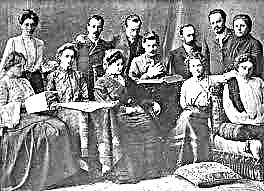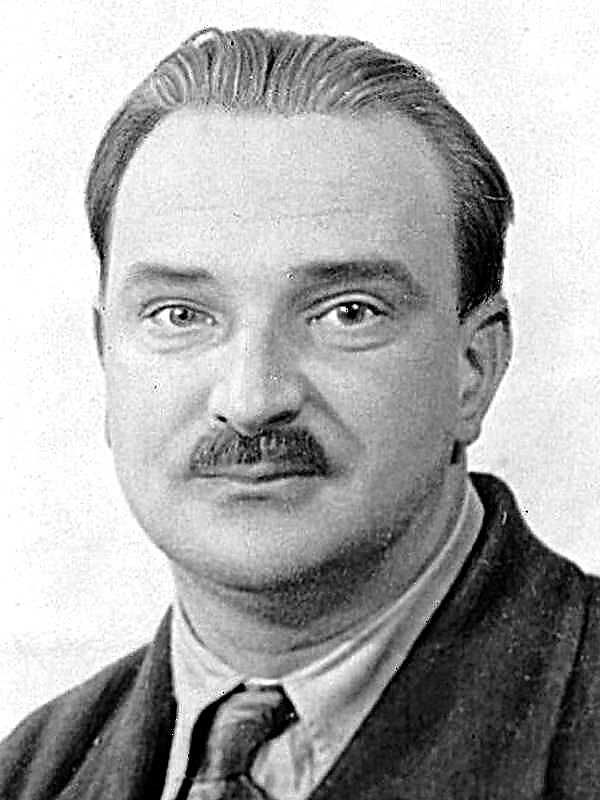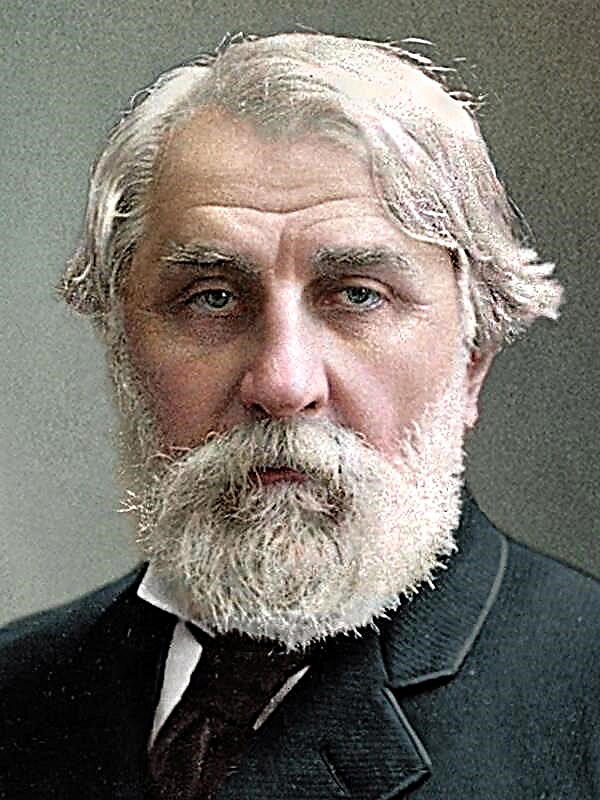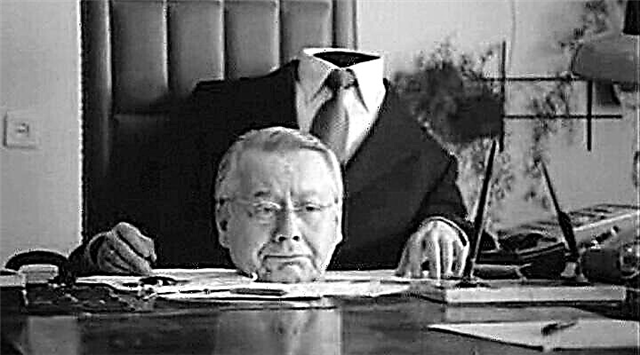Teresa Desqueiro leaves the courtroom. She was accused of trying to poison her husband, but due to the efforts of her relatives, the case was terminated “for the lack of corpus delicti”. The honor of the family is saved. Teresa has to return home to Argeluse, where her husband is waiting for her, who saved her with his false testimonies. Teresa is afraid of prying eyes, but, fortunately, it is getting dark early this time of year, and her face is hard to see, Teresa is accompanied by her father Larok and lawyer Duro. Teresa thinks about the grandmother from the maternal side, which she has never seen and which only knows that she left home. Neither her daguerreotypes, nor photographs have been preserved. "The imagination told Theresa that she too could disappear like this, go into oblivion, and later her daughter, little Marie, would not find in the family album the image of the one that brought her to light." Teresa says she is going to stay with her husband for several days, and when he feels better, he will return to his father. Father objects: Teresa and her husband must be inseparable, must respect decency, everything should be as before. “You will do everything your husband tells you. I think that I am expressing myself quite clearly, ”says Larok. Theresa decides that the salvation for her is to open her soul to her husband without hiding anything. This thought brings her relief. She recalls the words of her childhood friend Anna de la Trav. Pious Anna said to the judicious mocker Teresa: “You can’t even imagine what a feeling of liberation you feel when you confess to the spirit in everything and receive absolution, all that is old will be erased and you can heal in a new way.” Teresa recalls her childhood friendship with Anna. They met in the summer in Argelouse; In winter, Teresa studied at the Lyceum, and Anna - at the monastery boarding school. Argelouse is located ten kilometers from the small town of Saint-Clair, in Lands. Bernard Desqueiro inherited from his father a house in Argeluse, standing next to the Larokov house. The whole region believed that Bernard should marry Theresa, for their possessions seemed to be created in order to unite, and the prudent Bernard, who studied in law at Paris and rarely appeared in Argelouse, agreed with the general opinion. After the death of Father Bernard, his mother married again, and Anna de la Trav was his half-sister. She seemed to him a little girl who did not deserve any attention. Teresa was not particularly interested in his thoughts. But at the age of twenty-six, after traveling to Italy, Holland and Spain, Bernard Desqueiro married Theresa Laroc, the richest and most intelligent girl in the whole region. When Teresa thinks about why she married Bernard, she recalls the childish joy that thanks to this marriage, she will become Anna's daughter-in-law. In addition, she was not indifferent that Bernard had an estate of two thousand hectares. But this, of course, is not the only point. Perhaps, she sought refuge in marriage first of all, sought to join the family clan, “get settled”, enter the respectable world, save herself from some unknown danger. When she married, Teresa was disappointed. Bernard's lust did not provoke her reciprocal desire. During the honeymoon, Teresa received a letter from Anna, where she wrote that a young Jean Azevedo, ill with consumption, had settled in Vilmierzha next to them, so she stopped cycling in that direction - consumptive terrify her. Then Theresa received three more letters from Anna. Anna wrote that she met Jean Azevedo and fell in love with him without a memory, but her relatives parted the lovers. Anna suffered and hoped that Teresa would help her convince her relatives who wanted to marry her young Degilem at any cost. Anna sent Theresa a photograph of Jean. Teresa did not read to the end the letter of Anna, full of passionate outpourings. She thought: “So, Anna tasted the happiness of love ... But what about me? And what about me? Why not me?" Teresa grabbed a pin in her hearts and pierced the heart of Jean in the photograph. Bernard, like his parents, hoped that Teresa would educate Anna: Azevedo were Jews, it was still not enough for Anna to marry a Jew! In addition, many in their family suffer from consumption. Teresa argued with Bernard, but he did not listen to her objections, confident that she only argued out of a sense of contradiction. Theresa had a desire to teach Anna, who believed in the possibility of happiness, to prove to her that happiness on earth does not exist. When Bernard and Teresa returned from their honeymoon and settled in Saint-Clair, Teresa became an intermediary between the spouses de la Trav and Anna. Theresa advised Bernard's parents to be softer with Anna, to invite her to travel with them, and at that time Theresa would do something. Anna lost weight, was haggard. Theresa persuaded her to go with her parents, but Anna did not want to leave Jean. Although they did not see each other, for Anna was forbidden to go outside the garden, the mere thought that he was close, nearby, gave her strength.
However, Teresa was persistent, and finally Anna lost. This was facilitated by the news of the imminent arrival of the Degylems - Anna did not want to see the young Degilem, whom everyone had predicted to be her husband. Teresa did not feel sorry for Anna. Own pregnancy was not a joy to her either. "She wanted to believe in God and pray for him, so that this unknown creature, which she still wears in the womb, never came into the world." Teresa promised after the departure of Anna and the spouses de la Grass to find some way to influence Jean Azevedo, but she was drawn to sleep, to rest, and she was in no hurry to fulfill the promise. In mid-October, Jean was supposed to leave, and Bernard began to rush Theresa.
Bernard began to show the first signs of suspiciousness. He was haunted by the fear of death, amazing for such a big man. He complained of a heart, of nerves. Teresa believed that Bernard was ridiculous, because the lives of people like them are completely useless and surprisingly similar to death. When Teresa spoke to Bernard about this, he only shrugged. She annoyed him with her paradoxes. Teresa did not hate Bernard. At times he was disgusted with her, but it never crossed her mind that another man would have seemed nicer to her. After all, Bernard was not so bad. She could not stand the images of extraordinary personalities created in the novels, which they never meet in life. She considered Bernard above her surroundings exactly until she met with Jean Azevedo.
They met by chance. Teresa, while walking, reached the abandoned hunting hut, where she and Anna had once had lunch and where Anna had later arranged for dates to Jean Azevedo. There Teresa met Jean, who, recognizing her, immediately spoke to her about Anna. His eyes and burning eyes were beautiful. Teresa spoke haughtily with him, accusing him of "bringing confusion and strife into a respectable family." In response, Jean sincerely burst out laughing: “So you imagine that I want to marry Anna?” Theresa was amazed: it turns out that Jean was not at all in love with Anna. He said that he could not resist the charm of such a lovely girl, but he never behaved dishonorably and did not go too far. Regarding Anna’s suffering, he said that this suffering is the best she can expect from fate, that she will remember these moments of lofty passion throughout her dull future life. Teresa liked to talk with Jean Azevedo, liked to listen to his reasoning. Teresa was not in love with him, she just met for the first time a man for whom the spiritual side of life was most important. With regard to Anna, Teresa came up with a plan that Jean realized: he wrote her a letter, where in very gentle expressions he deprived her of any hope.
Bernard did not believe Theresa's story, it seemed incredible to him that Jean Azevedo did not dream of marrying Anna de la Trav. Teresa saw five or six times with Jean. He described to her Paris, his comradely circle, where one law reigned - to become himself. At the end of October, Jean left, dating Teresa a year later. On the third day after his departure, Anna returned, she wanted to see Jean at all costs, believing that she could conquer him again. When Teresa told her that Jean had left, Anna did not believe until she was convinced of it with her own eyes. When Teresa had a daughter, Teresa did little to her, but Anna adored little Marie and gave her all her time.
Once, near Mano, a forest fire broke out. Everyone was agitated, and Bernard mistakenly drank a double dose of the medicine. Teresa, who was agitated by the heat, saw this, but did not stop her husband, and when he later forgot whether he took the drop or not, and drank another dose, she said nothing again. At night, Bernard was tormented by vomiting, Dr. Pedme was at a loss for what it might be. Theresa thought that there was no evidence that everything happened precisely because of the drops. She was even curious: are the drops really to blame? According to a fake recipe, Teresa bought drops and put them in a glass for her husband. When the pharmacist showed the doctor a prescription, the doctor filed a complaint with the court. Teresa said that a few days ago she met a stranger on the road who asked her to buy prescription medicine at the pharmacy: he himself allegedly could not do this, since he owed the pharmacist. Then this man came and took his drops. Father begged Theresa to come up with something more believable, but she stubbornly maintained the same thing. She was saved by the lie of Bernard, who confirmed that his wife was telling him about a meeting with a stranger.
Theresa is thinking about. what she would say to Bernard at the meeting. He still won’t do the only thing that would solve all the problems: if he would open her arms without asking anything! If she could fall to his chest and cry, feeling her warmth alive! Teresa decides to tell Bernard that she is ready to disappear, but when they come and she says these words, Bernard is indignant: how dare she have her own opinion? She should only obey, only obey his orders. Bernard describes Teresa a new way of life: from now on, Teresa is forbidden to walk around the house, food will be brought to her in her bedroom. On Sundays, he and Bernard will travel to Saint-Clair so everyone can see them together. Marie with her mother Bernard and Anna will go south, and after a few months, when public opinion considers that peace and harmony reign in the Descairou family, Anna will marry the young Degilem. After her wedding, Bernard will settle in Saint-Clair, and Teresa, under the pretext of neurasthenia, will remain in Argelouse. Teresa is horrified at the thought that she will have to live in Argeluz without a break until her death. When, according to Bernard, an atmosphere of sympathy for Theresa develops in Saint-Clair, he frees her from the obligation to go to Mass and leaves Argelouse.
Teresa is left alone. She dreams of running away to Paris and living there, independent of anyone. A letter comes from Bernard, where he promises to come with Anna and Degill. The young people got engaged, but before the official engagement, Degil wants to definitely see Theresa. Bernard hopes that Teresa will behave with dignity and will not interfere with the successful implementation of the de la Trav family plan. When the whole company arrives in Argeluz, Teresa is not interested in her daughter. She is so full of herself that she despises Anna, who does not cherish her personality and forgets all her high impulses “at the first squeak of a baby that this dwarf will reward her without even taking off her business card.” Teresa is sick. Bernard promises her that after Anna’s wedding she will be free. He will take her to Paris under the pretext of poor health, and he will return to his homeland and will send her her share of the revenue from collecting tar. Teresa has an even, calm relationship with Bernard.
When they arrive in Paris in the spring, Bernard in a cafe asks Teresa why she tried to poison him. It is difficult for her to explain this to him, especially since she herself does not fully understand this. She says that she did not want to play the role of a respectable lady, to utter hackneyed phrases. Besides the Theresa that Bernard knows, there is another Theresa, and she is just as real. For a moment, Teresa thinks that if Bernard told her: “I forgive you. Come with me, ”she would get up and follow him, but Bernard leaves, and soon this fleeting feeling already causes Teresa's surprise. Teresa is in no hurry to leave the cafe, she is not bored and not sad. She is in no hurry to see Jean Azevedo. Carefully tinting her lips, she goes outside and goes where her eyes look.

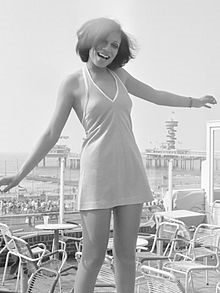
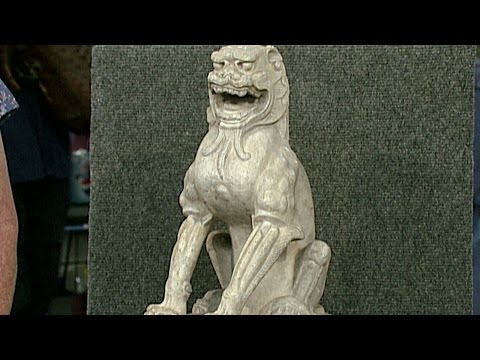
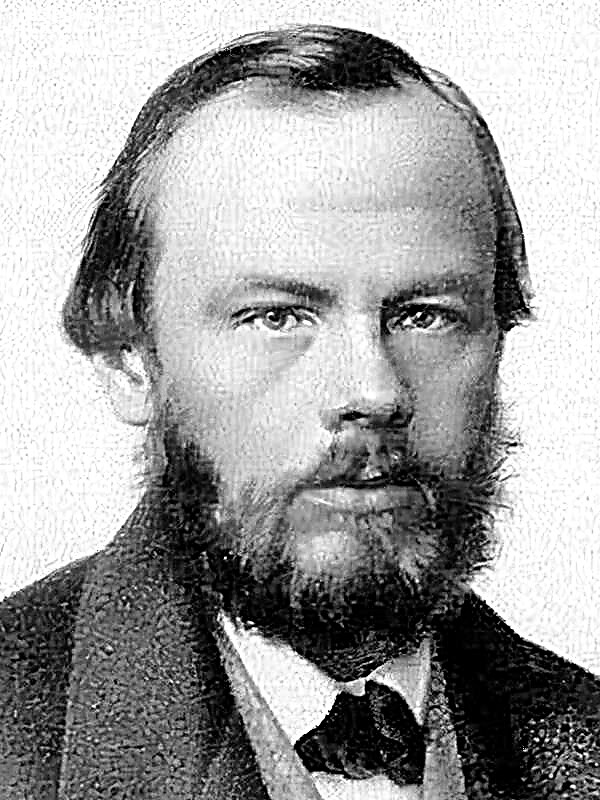
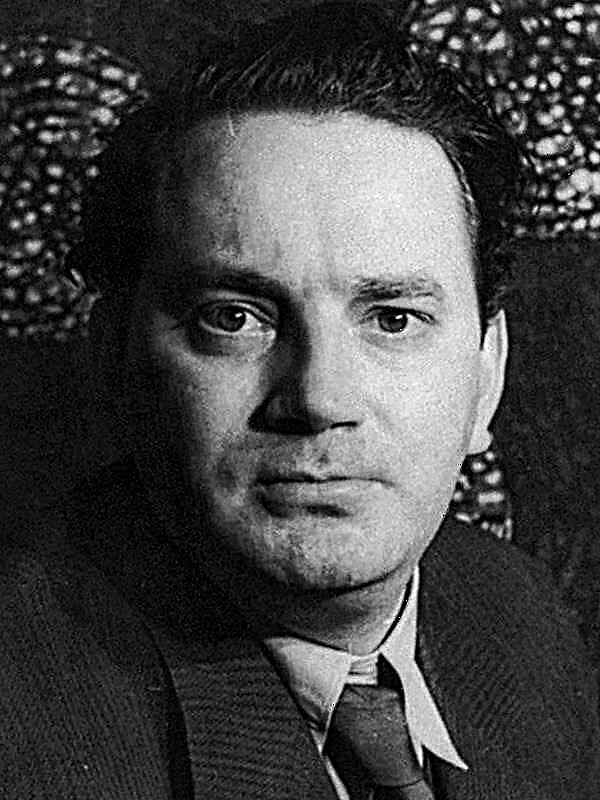
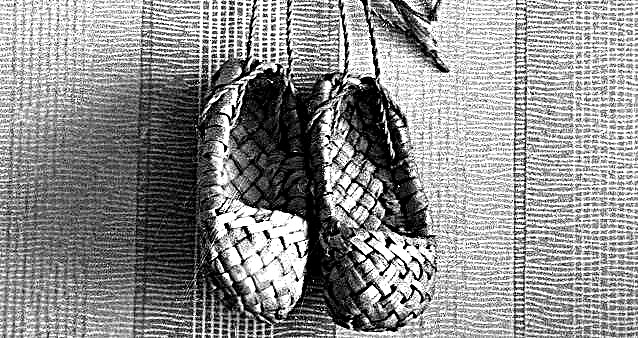
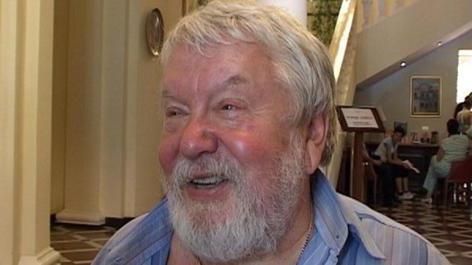
 Florville and Courval
Florville and Courval
